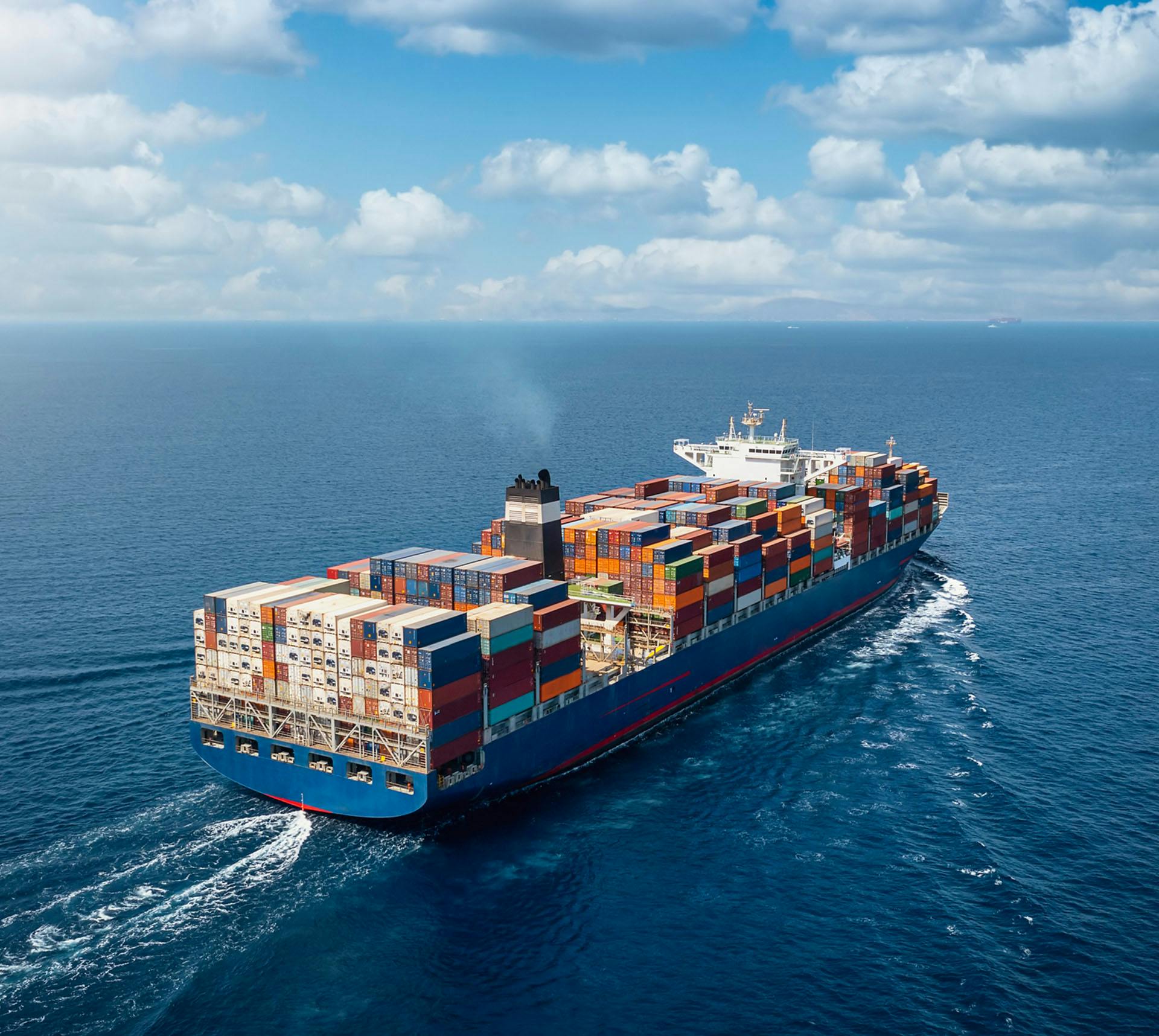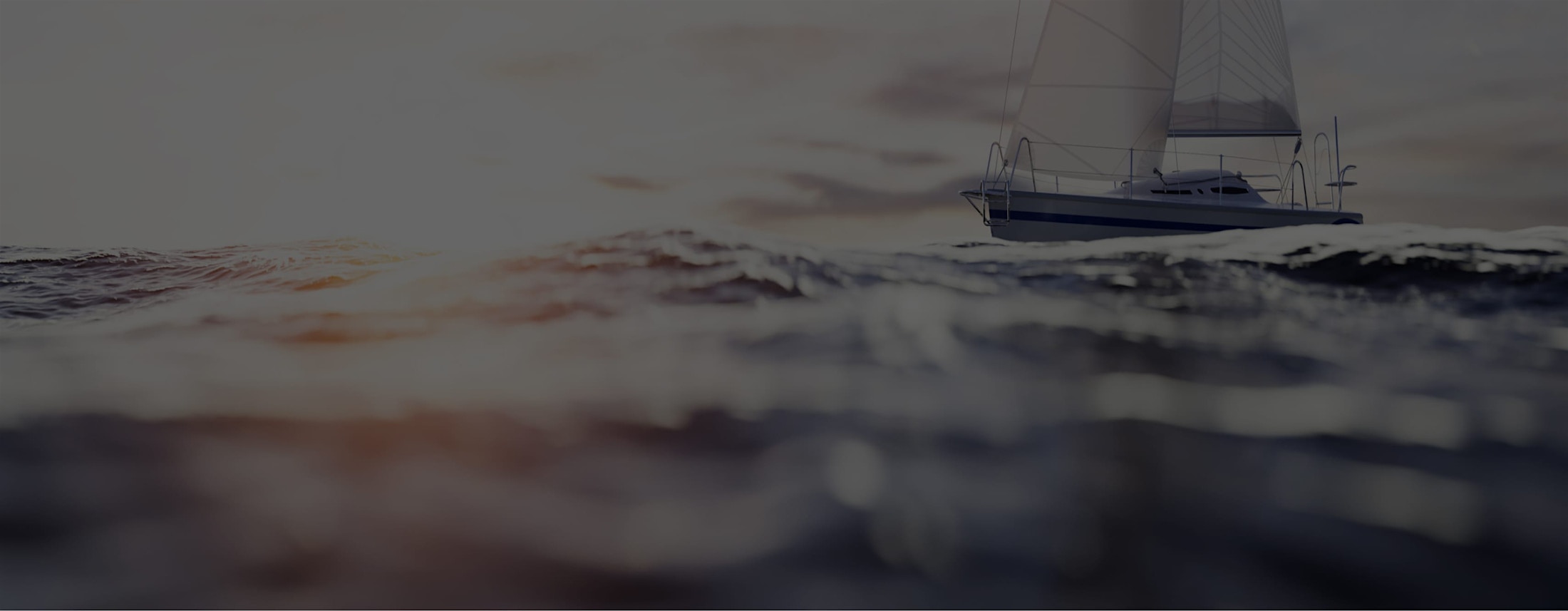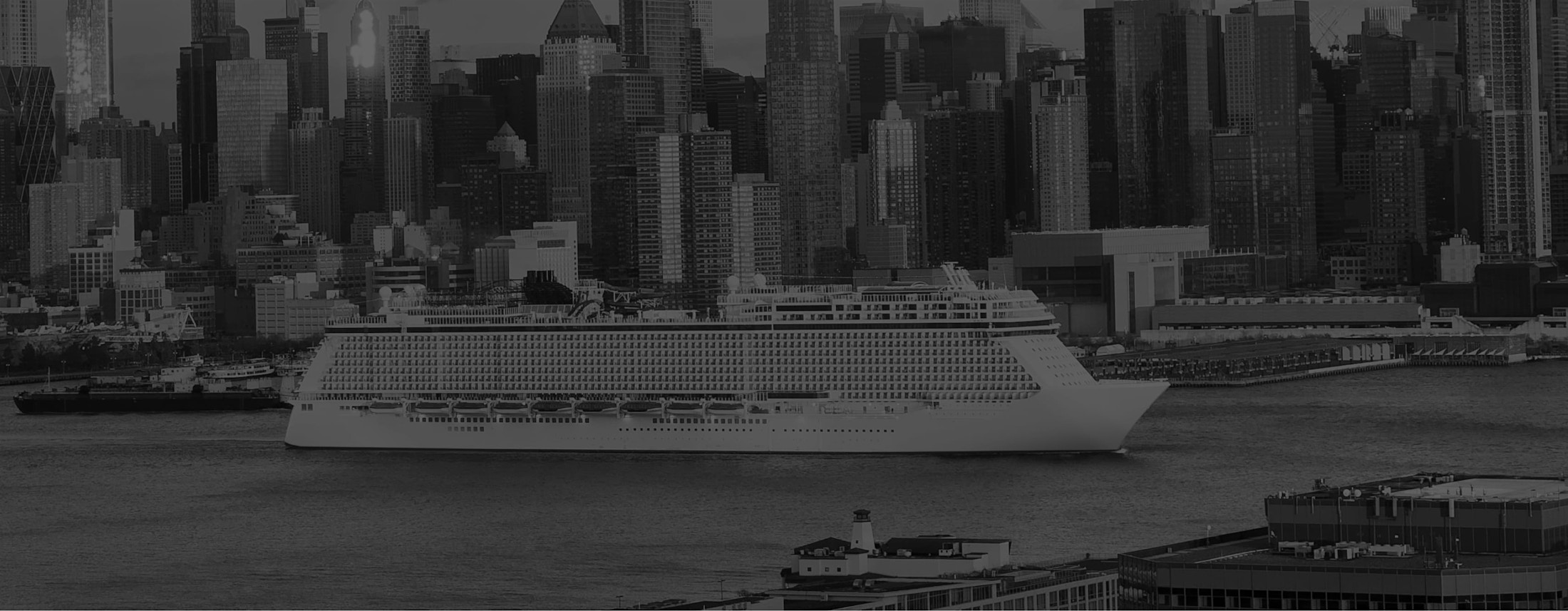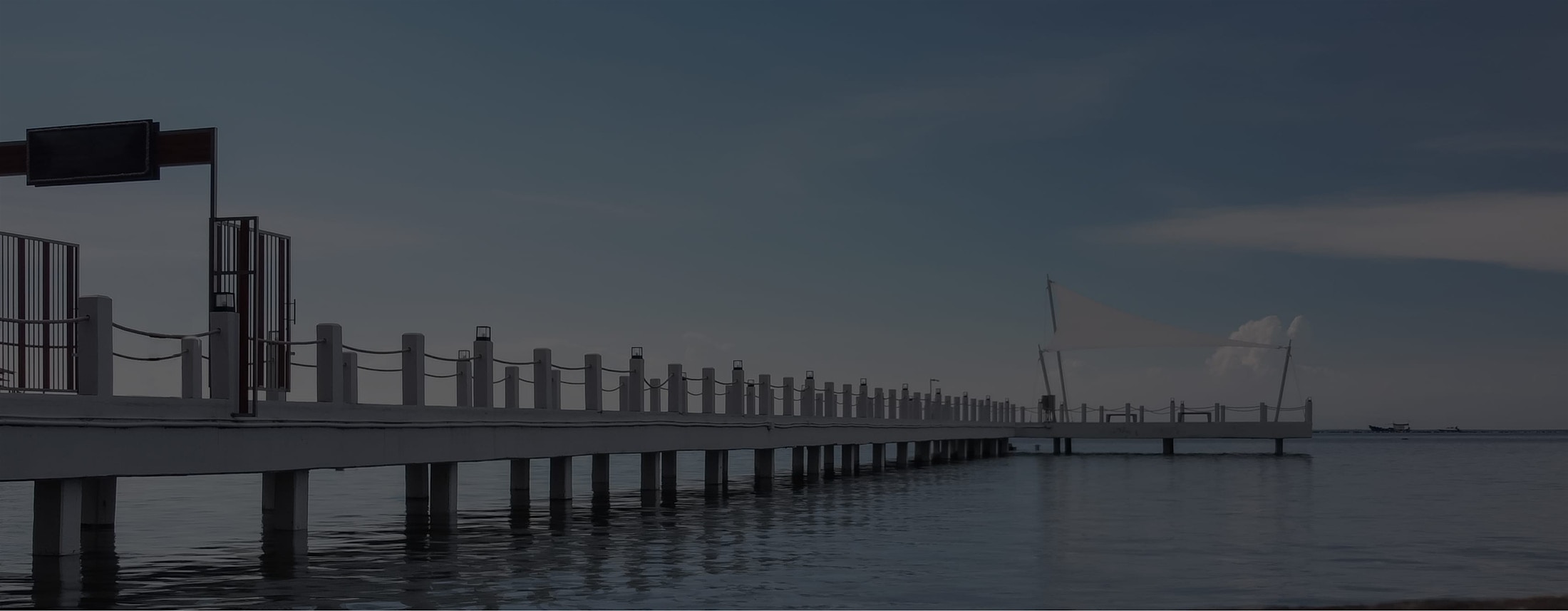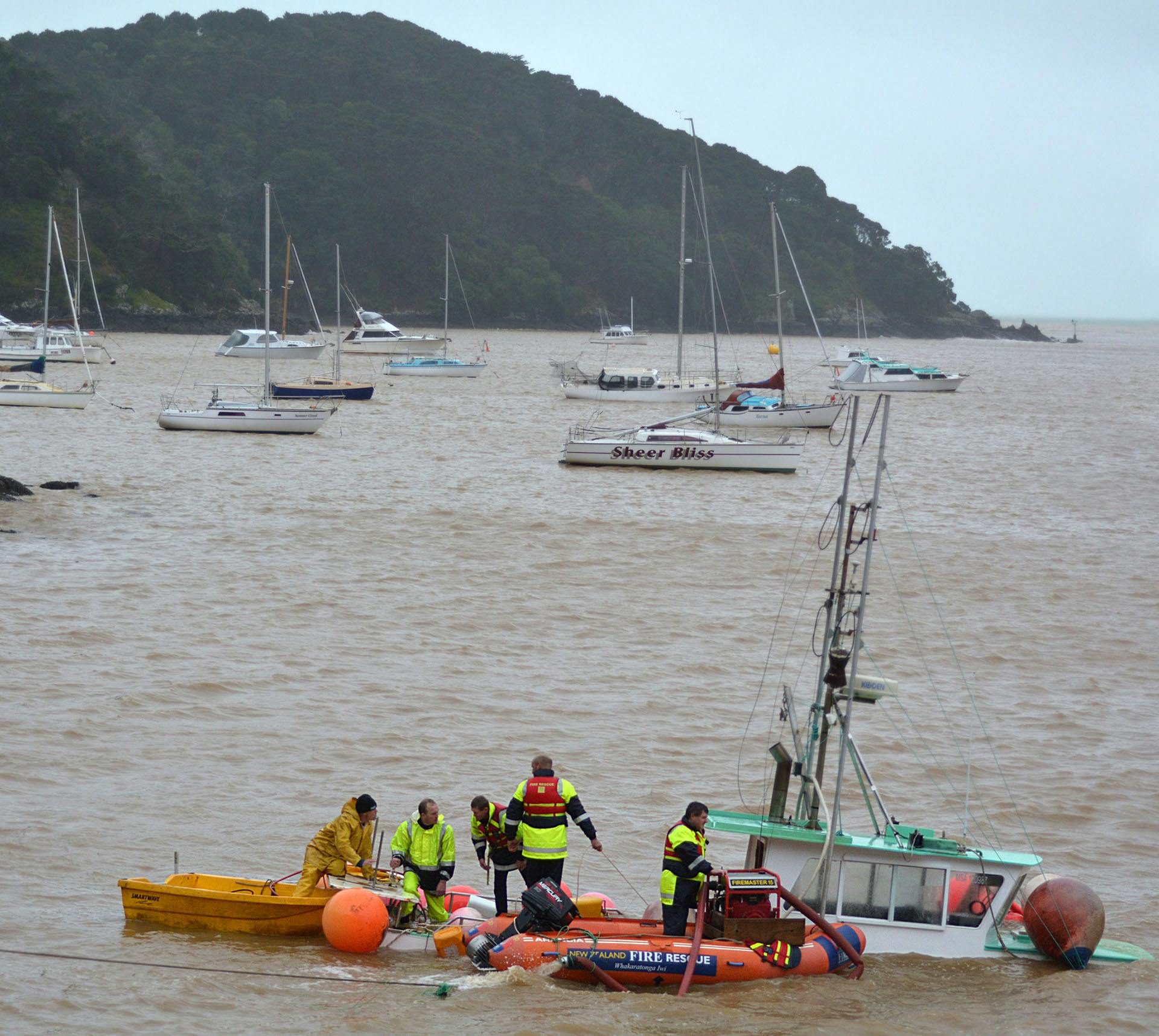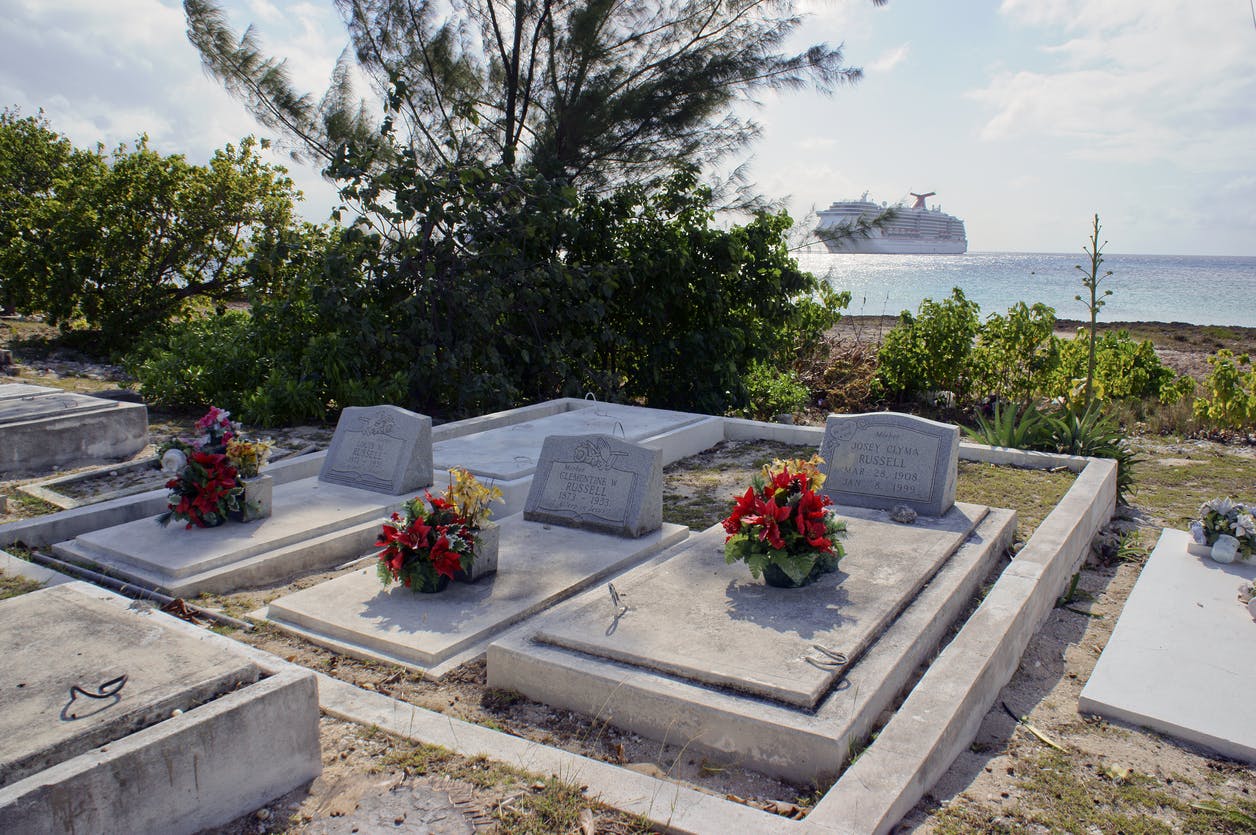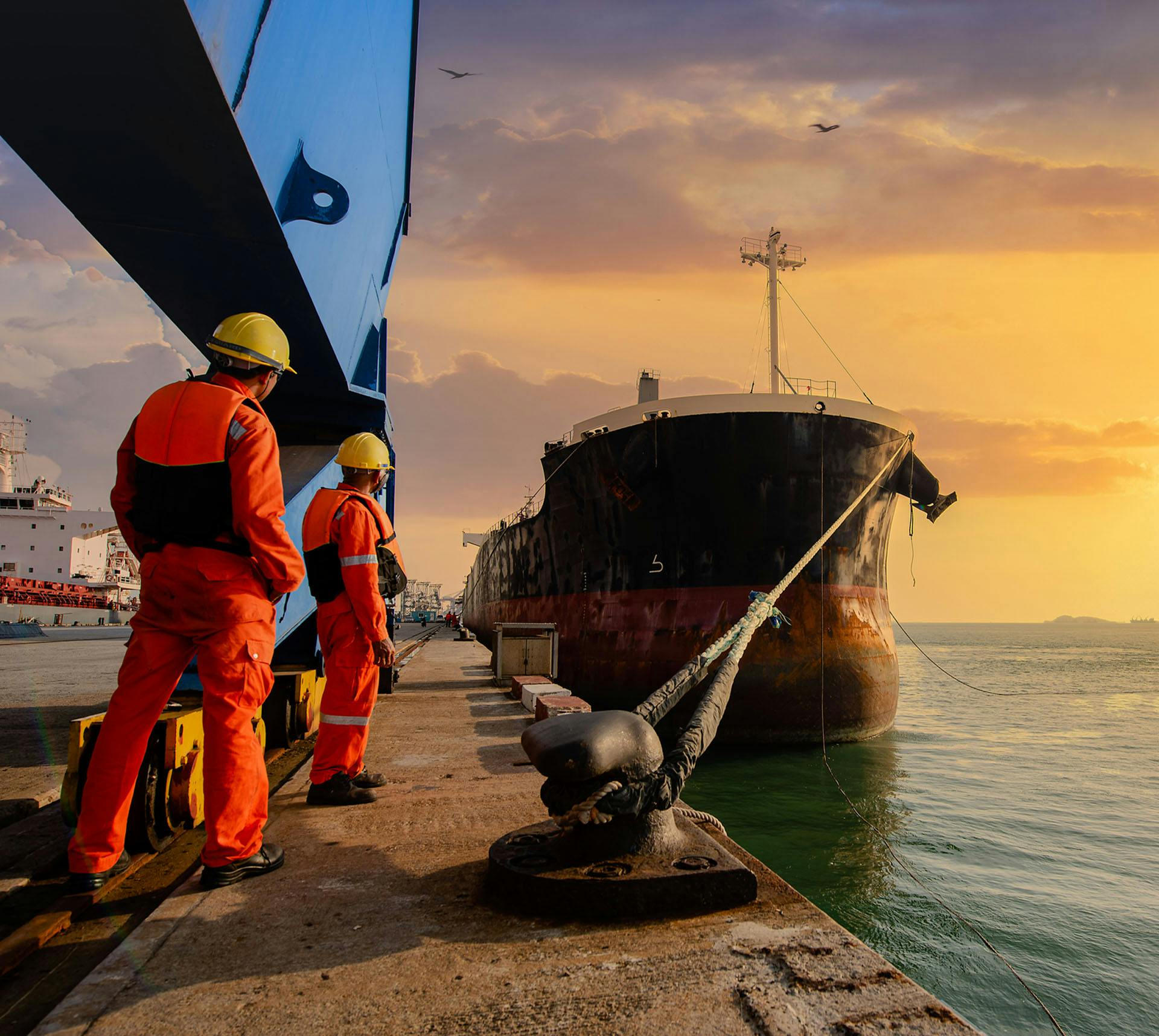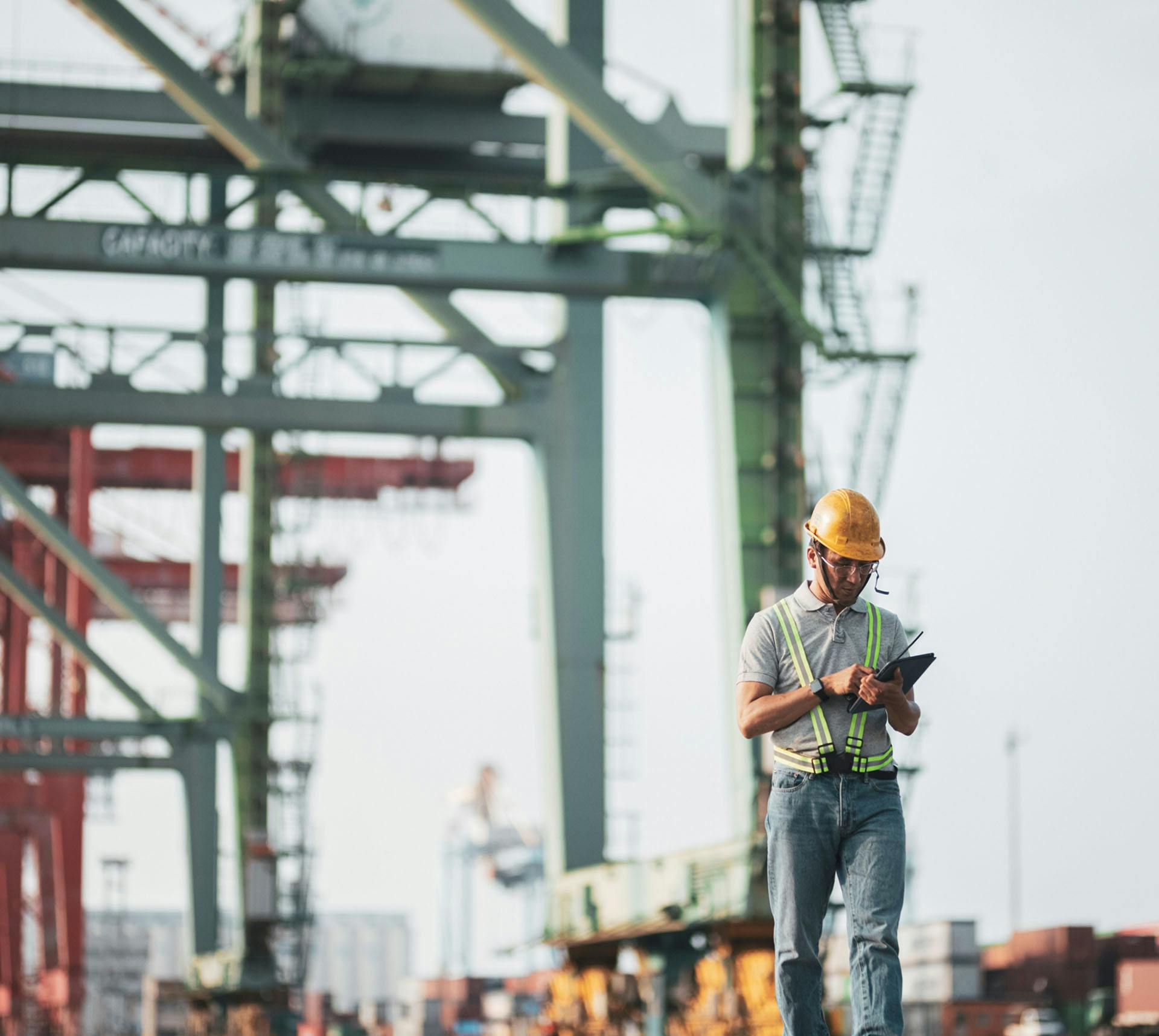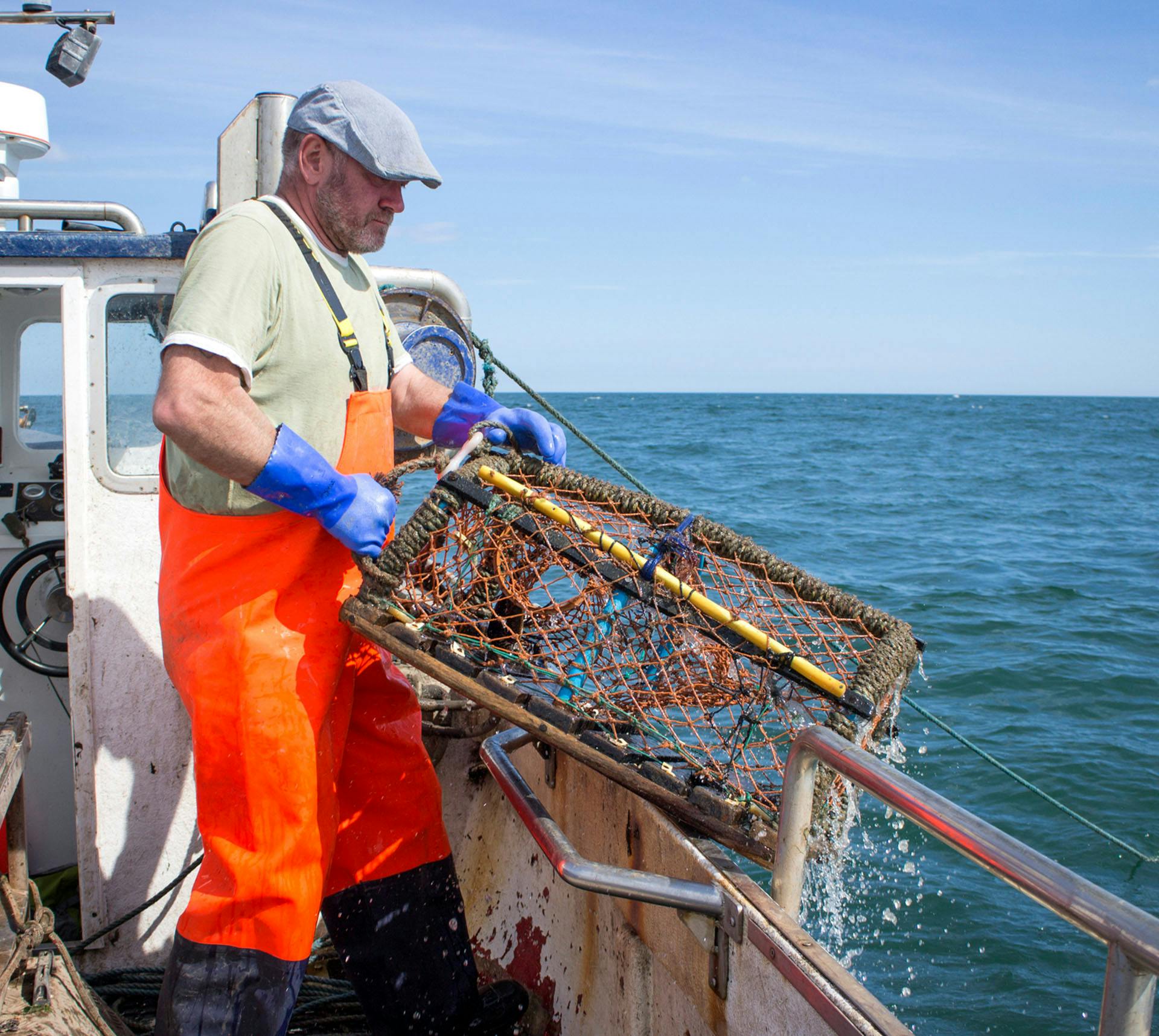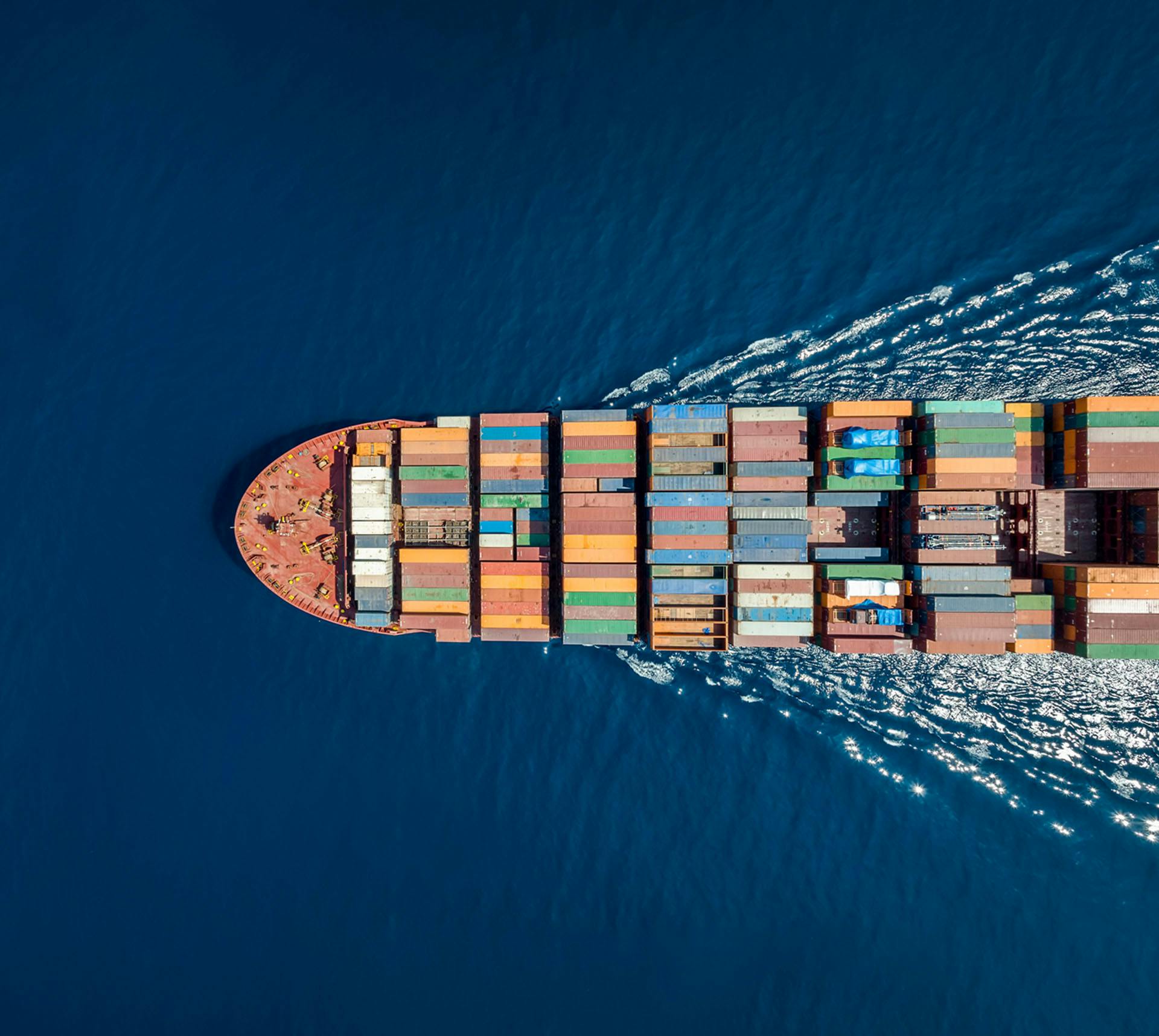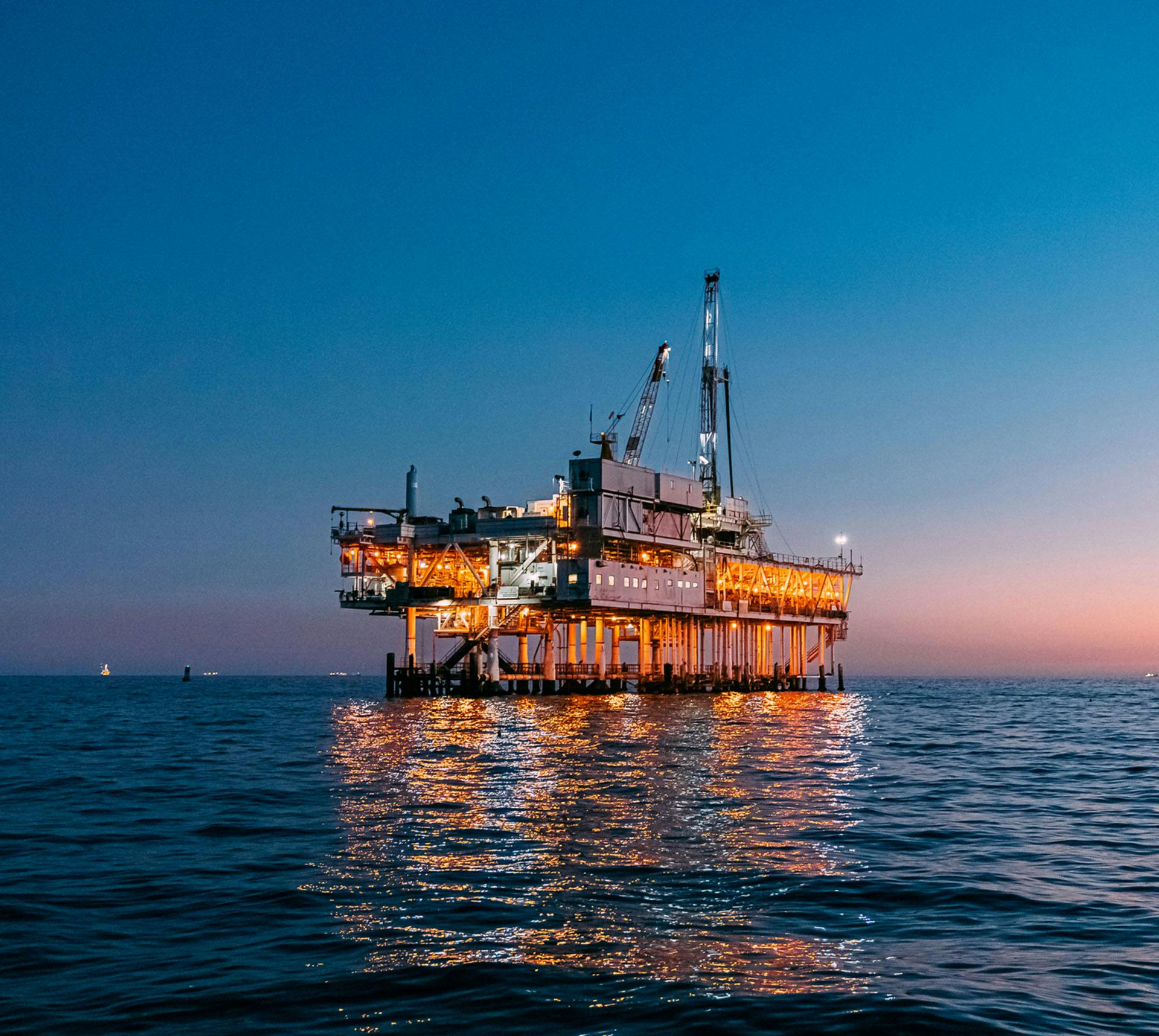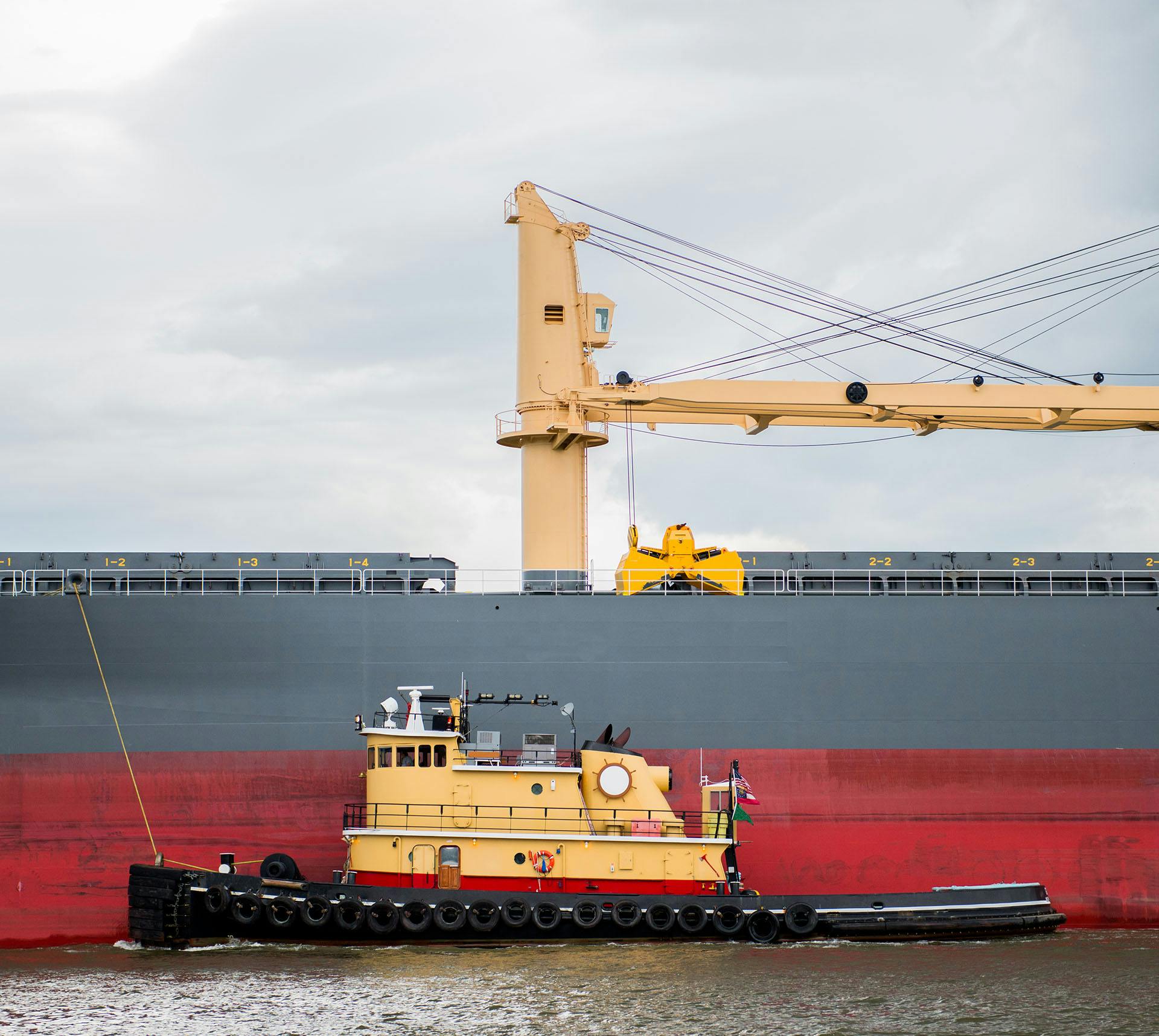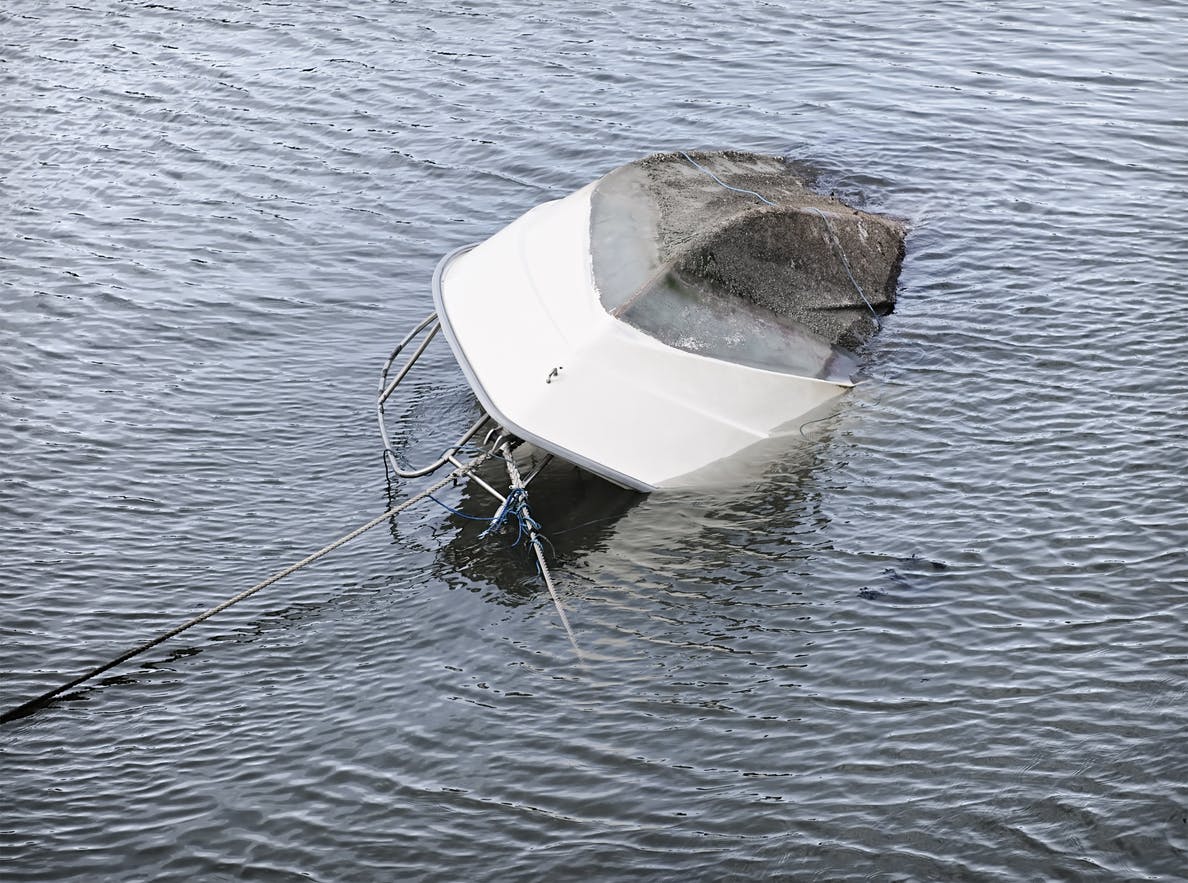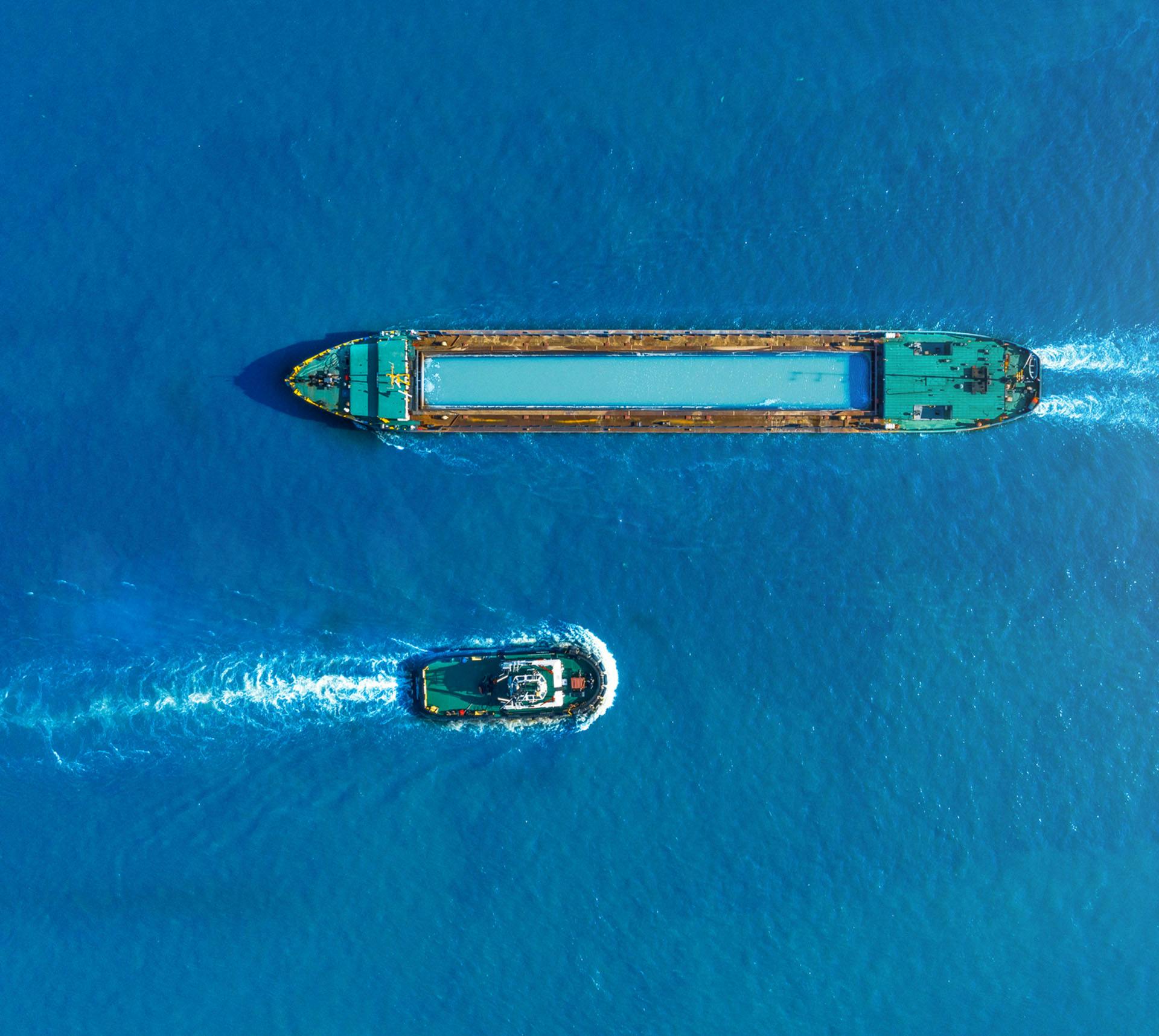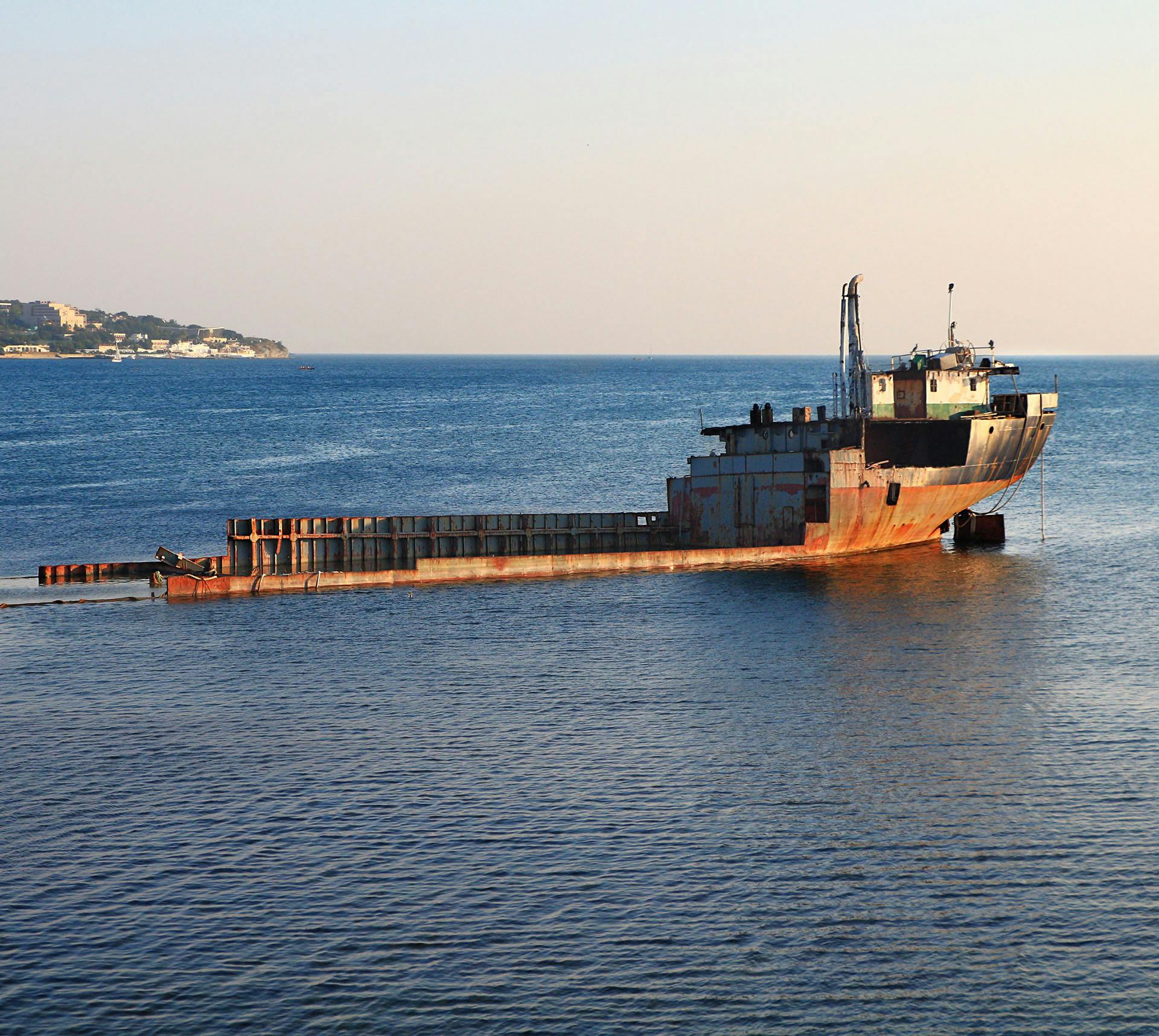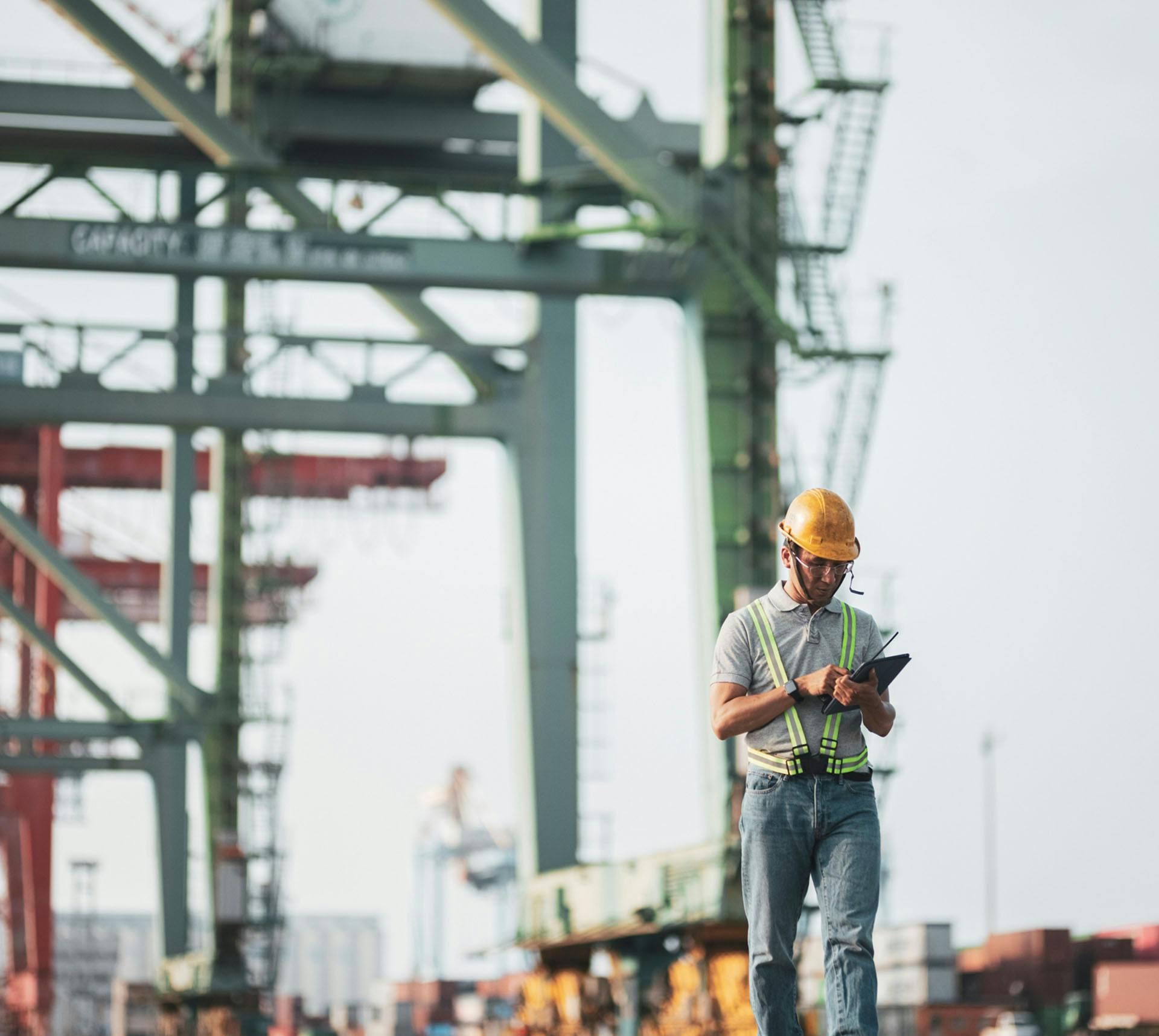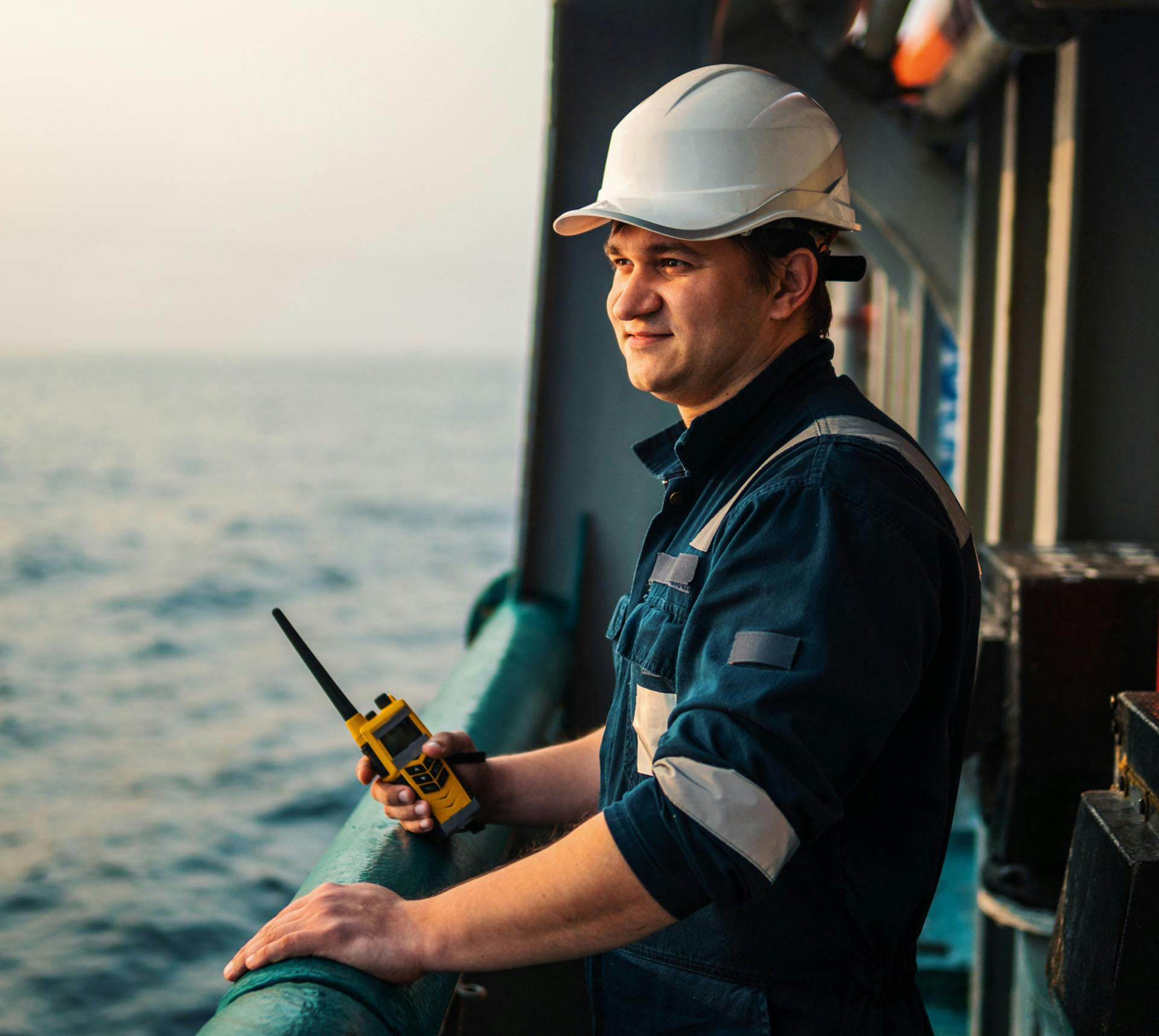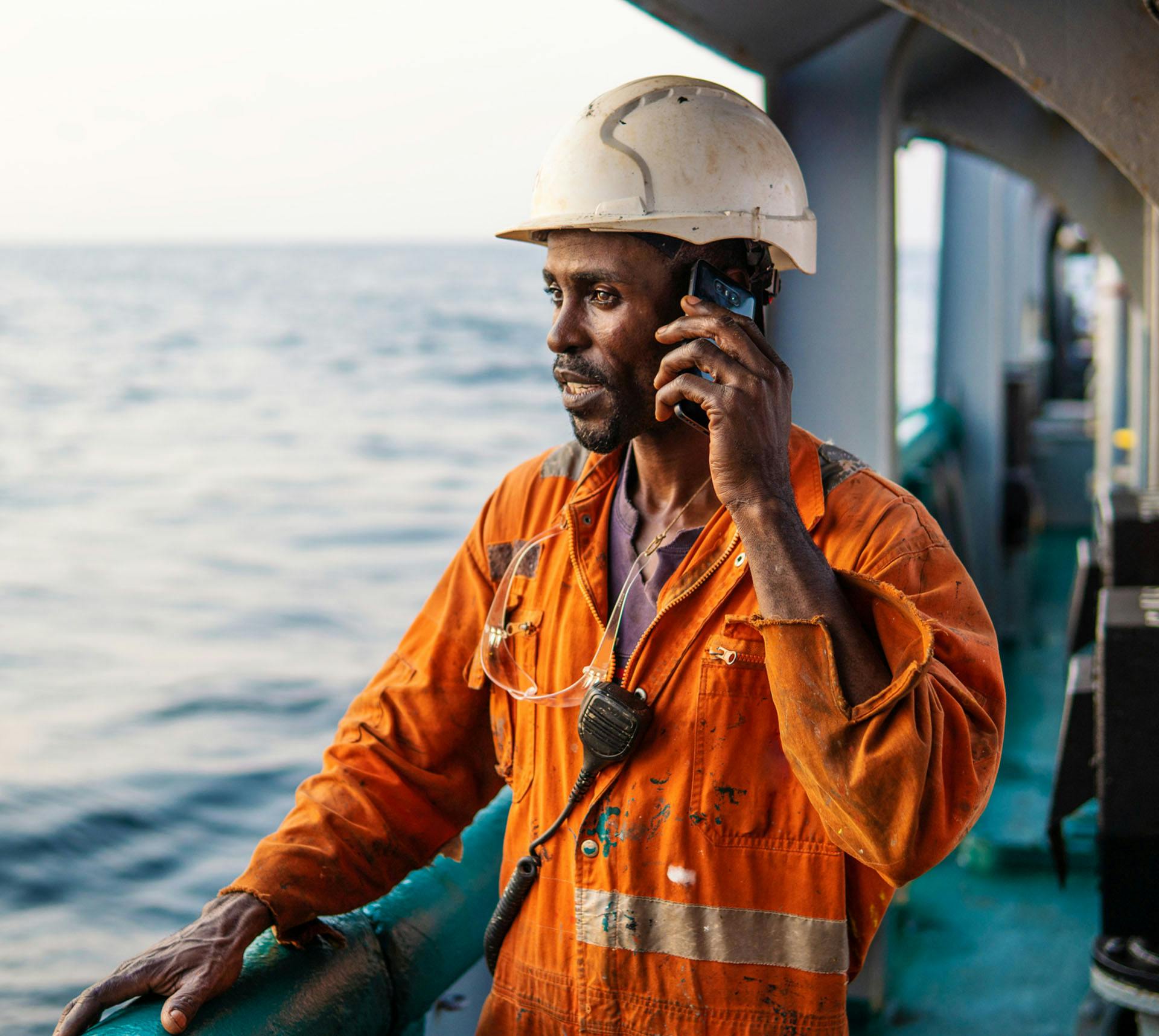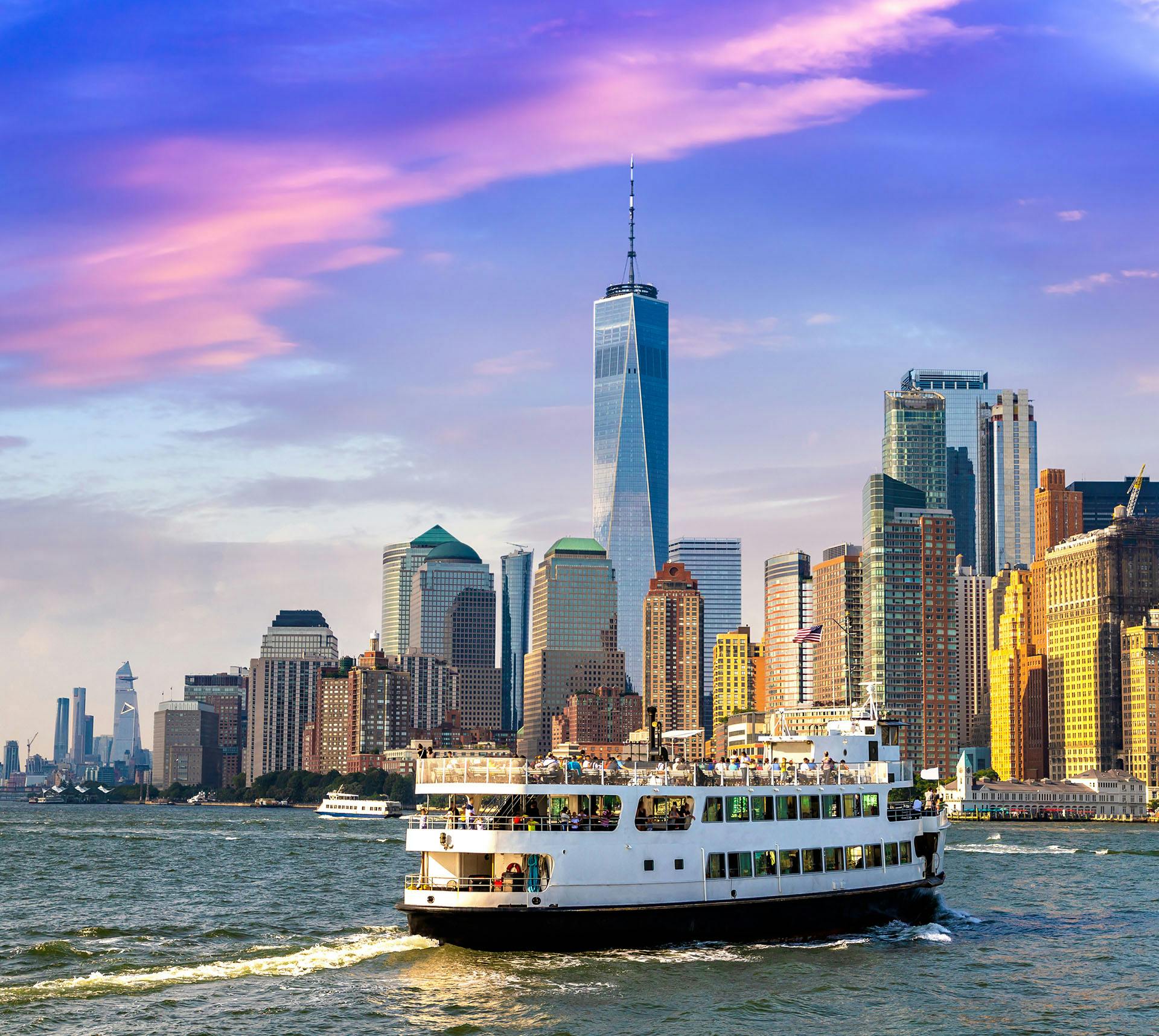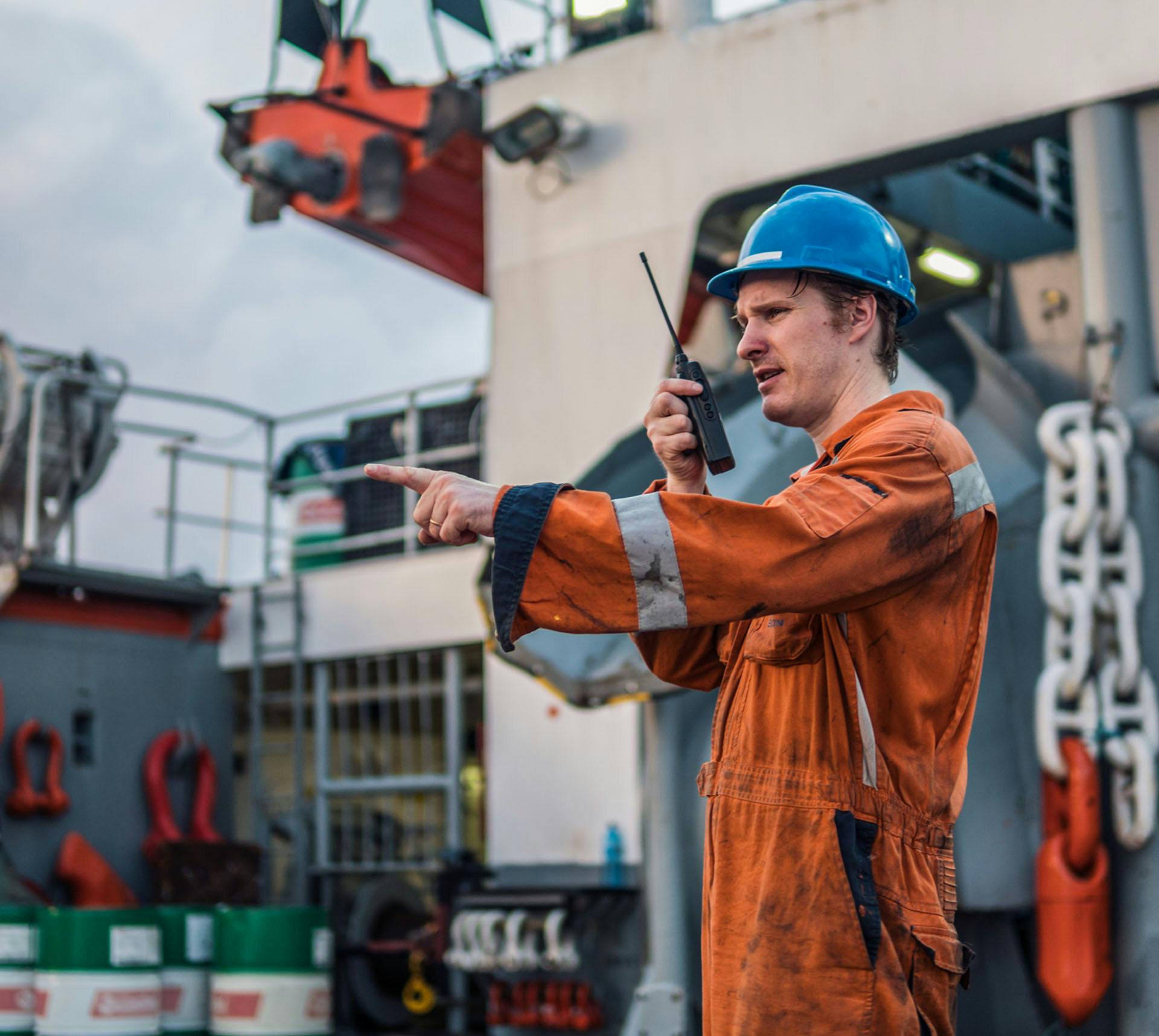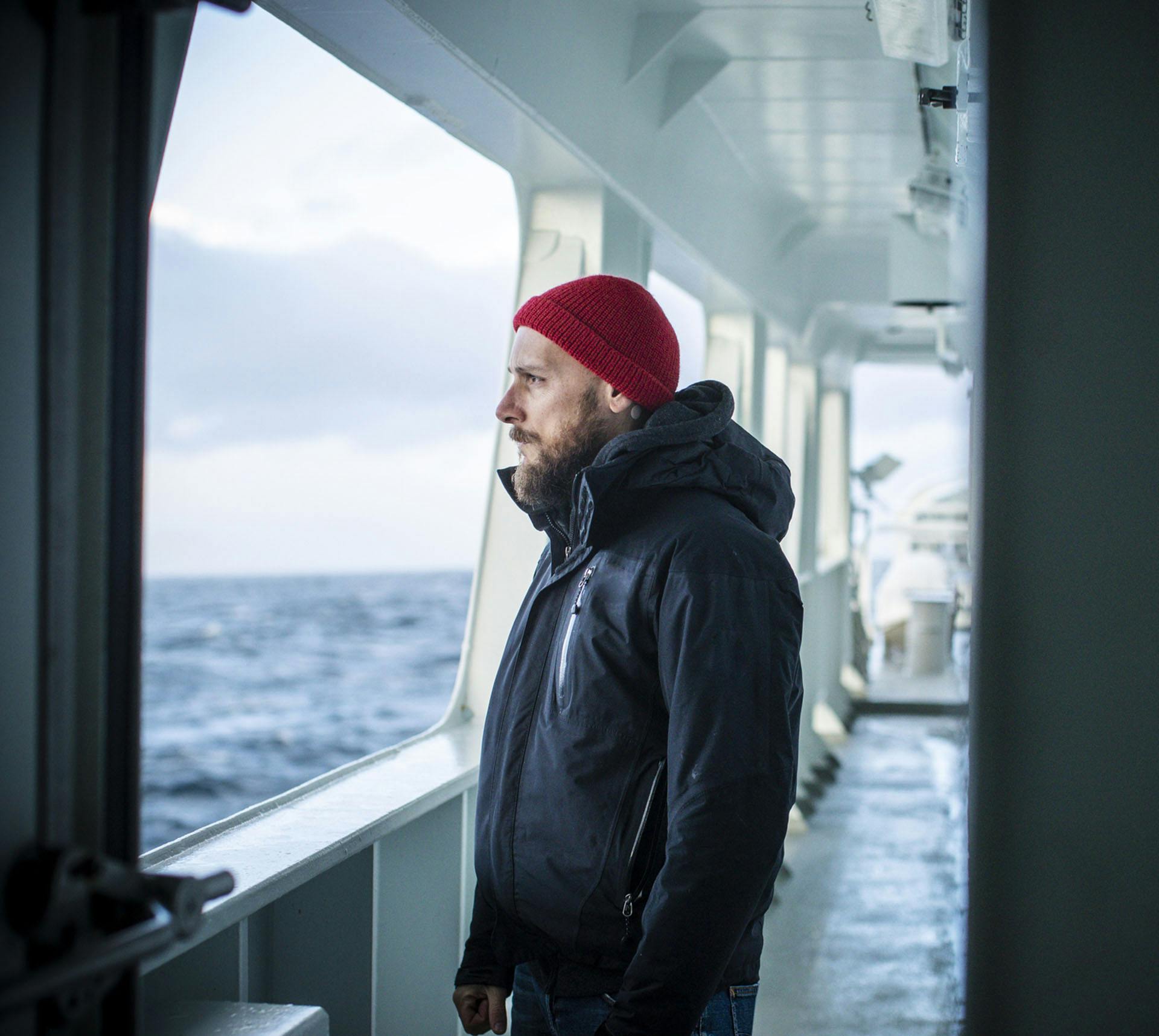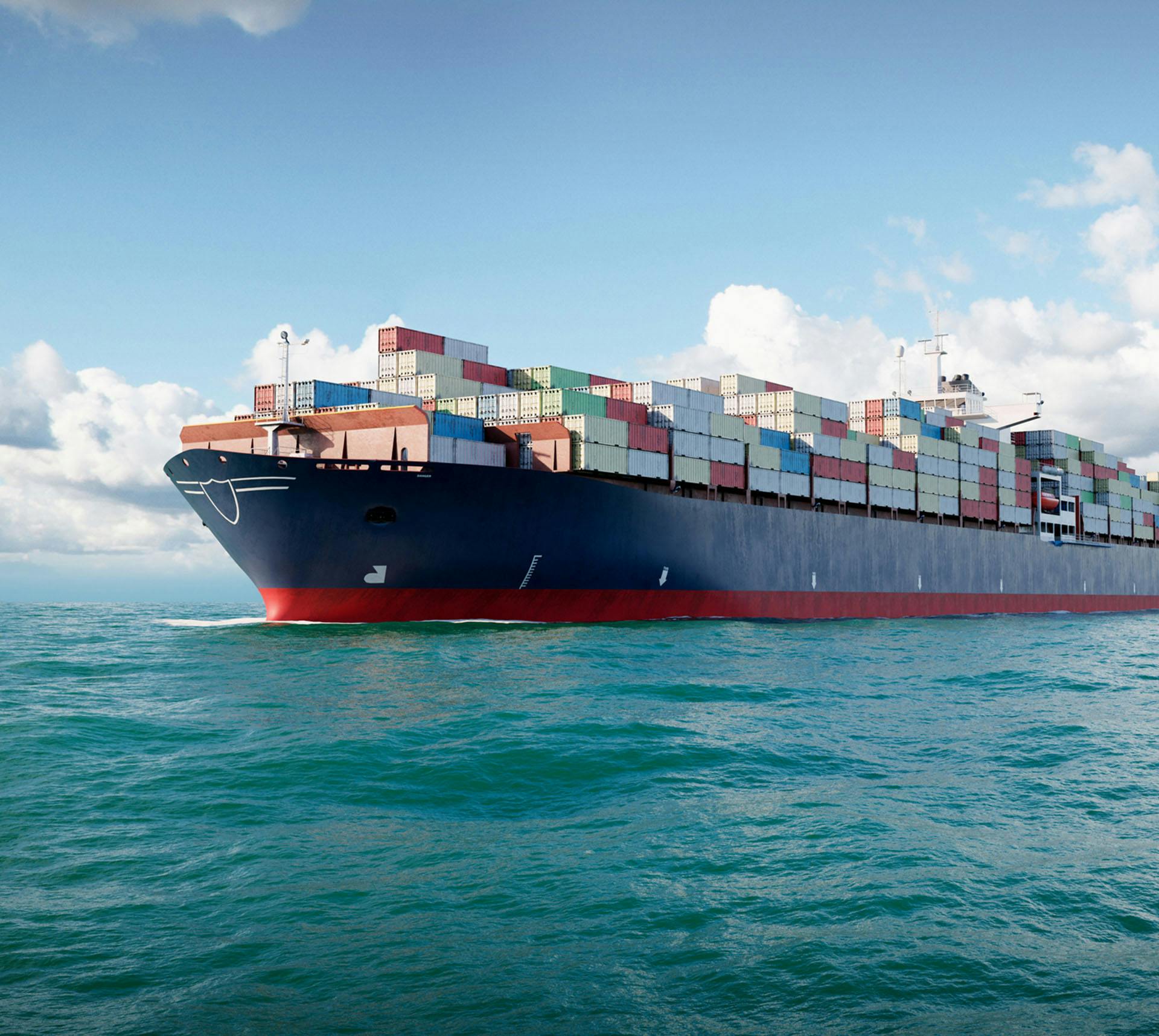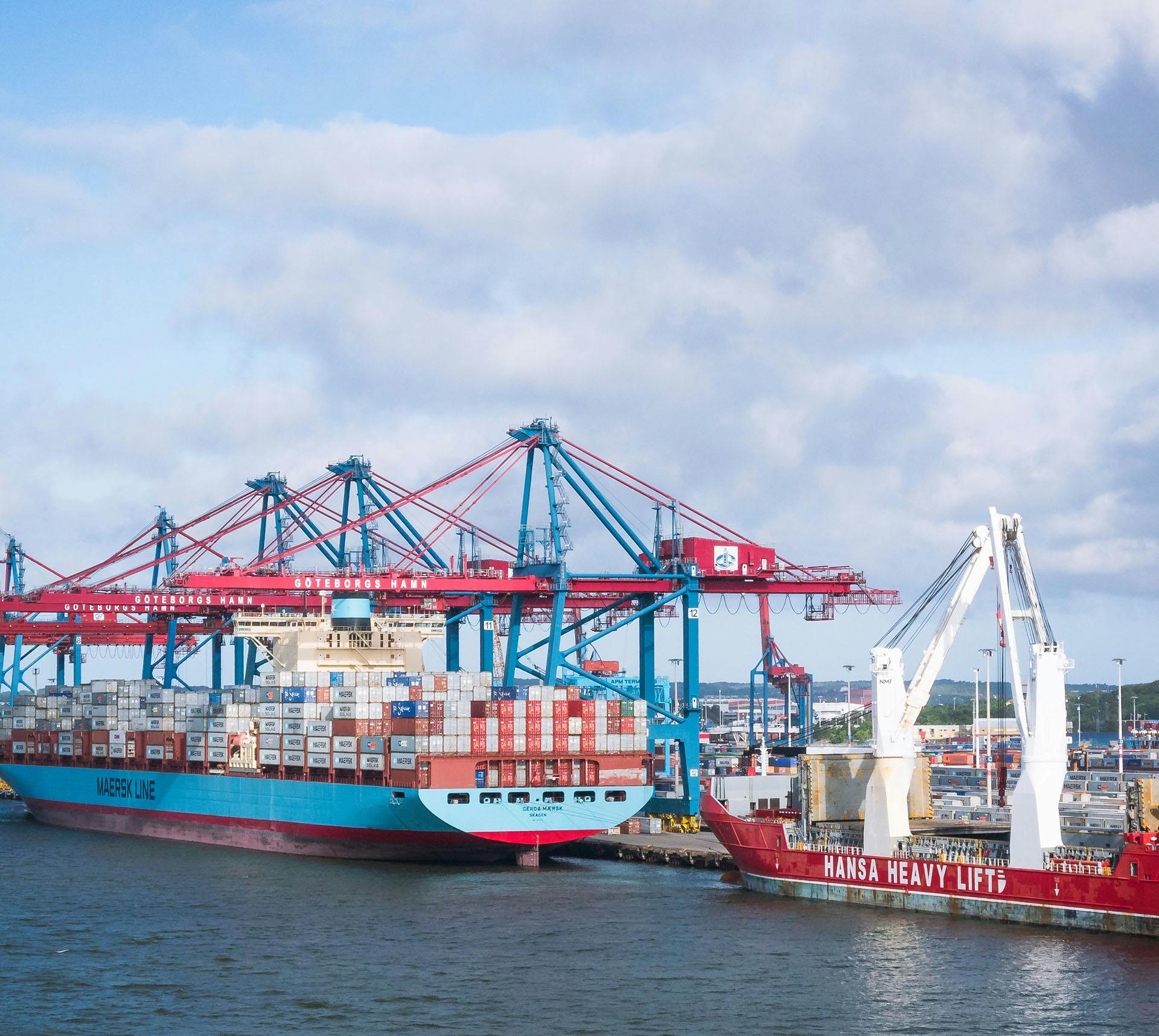Experienced Trial Lawyers Assisting Victims of Marine Accidents & Casualties Nationwide
We represent accident victims and families left behind after wrongful death on a contingency fee basis. Therefore, you owe no attorney fees unless we recover compensation for you. With 70 years of combined trial experience, Brais Law Firm has the expertise to protect your rights, the compassion to serve your needs, and the skill to obtain the compensation you deserve.

Get Guidance From Experts In Maritime Law
Maritime Accident Lawyer FAQs
Who Qualifies As A Maritime Worker?
Why Does It Matter If You Are A Maritime Worker?
When Can You File A Claim For A Maritime Accident?
We Represent Maritime Workers And Families Nationwide
Is It Common For Maritime Workers To File Injury Claims?
Can I Lose My Job If I File A Claim For A Maritime Accident?
Is It True That I Can Only Recover Maintenance And Cure Benefits?
What If My Employer Denies My Maritime Accident Claim?
Who Qualifies As A Maritime Worker?
To file a maritime accident claim, you need to qualify as a maritime worker. A maritime worker is anyone who works in an occupation connected to the sea. For example, cargo ship crewmembers and fishermen are maritime workers and charter captains, longshoremen, and harbor workers. You are a maritime worker if your job has anything to do with the water.
Why Does It Matter If You Are A Maritime Worker?
Being a maritime worker affects your legal rights when you get injured on the job. While land-based workers in non-maritime occupations can file workers’ compensation claims under state law when they suffer job-related injuries, these laws do not apply in the maritime setting. Instead, maritime workers’ rights exist under federal law. Specifically, there are three federal laws under which a maritime accident lawyer can help their clients seek just compensation in most cases:
- Merchant Marine Act (Jones Act) – The Merchant Marine Act, more commonly known as the Jones Act, protects maritime workers who qualify as "seaman". If you are a seaman, you can file for maintenance and cure benefits after any job-related accident, and you may also be able to file additional claims.
- Longshore and Harbor Workers Compensation Act (LHWCA) – The Longshore and Harbor Workers Compensation Act (LHWCA) protects maritime workers who suffer injuries on navigable waters, docks, piers, terminals, and other adjacent areas. It provides benefits similar to those available under most state workers’ compensation laws.
- Outer Continental Shelf Lands Act (OCSLA) – The Outer Continental Shelf Lands Act (OCSLA) protects maritime workers who spend their days on fixed rigs and platforms at sea. In addition, the OCLSA extends the benefits afforded by the LHWCA to maritime workers who would not otherwise qualify.
A fourth federal law, the Death on the High Seas Act (DOHSA), provides important legal rights to family members who have lost maritime workers at sea. The Jones Act provides wrongful death compensation as well. If you have lost a loved one, a maritime accident lawyer can help you understand which type of claim you should file.
When Can You File A Claim For A Maritime Accident?
So, you are an injured maritime worker or have lost a loved one in a tragic accident at sea. Are you entitled to file a claim? There is a good chance that the answer to this question is, “Yes.” Except for DOHSA, a vital aspect of all the laws discussed above is that they provide compensation on a “no-fault” basis. This means maritime workers and their families do not need any evidence of fault to receive benefits. While proving fault allows for the recovery of additional compensation under the Jones Act (and will enable families to file claims under DOHSA), even “no-fault” claims can provide injured workers and families with much-needed financial stability. All types of accidents can justify maritime injury and wrongful death claims. For example, our maritime injury lawyer handles cases involving:
- Accidents involving coworker negligence
- Accidents involving equipment malfunctions and machinery failures
- Accidents involving lines, nets, winches, windlasses, and capstans
- Capsizing or running aground
- Collisions with other vessels or stationary objects
- Drowning and near-drowning accidents
- Exposure to harmful fumes, chemicals, bacteria, or viruses
- Fires and explosions
- Hazardous weather and sea conditions
- Hazardous working conditions (i.e., welding without proper ventilation)
- Inadequate safety equipment or safety precautions onboard
- Slips, trips, and falls
We Represent Maritime Workers And Families Nationwide
From our firm’s principal office, we represent maritime workers and families nationwide. Whether you are a permanent resident, have a job in the maritime industry, lost a loved one in another state due to a maritime accident, or simply looking for a highly-experienced maritime accident lawyer to assist you, we can help. Our experience includes recovering just compensation for clients located nationwide.
Is It Common For Maritime Workers To File Injury Claims?
Yes, maritime accidents are a regular occurrence, and injured maritime workers file claims. But, the unfortunate reality is that far too many maritime accidents still go unreported. By hiring a maritime lawyer to file a claim on your behalf, you can receive compensation for your injury, but you can also help raise awareness of the risks workers in your position face daily.
Can I Lose My Job If I File A Claim For A Maritime Accident?
Your employer cannot fire you because you filed a claim for your maritime accident. You have the legal right to file a claim (if you qualify), and you cannot lose your job for asserting your rights. But, if you can no longer do your job because of your injury, this could justify your employer terminating your employment. If you are concerned about losing your job, we strongly recommend you speak with a maritime accident lawyer before making any decisions.
Is It True That I Can Only Recover Maintenance And Cure Benefits?
Some employers will tell their employees that they only qualify for maintenance and cure benefits. While this is true in some cases, many injured maritime workers are entitled to additional compensation. If your employer tells you this, it is looking out for its financial interests, not yours. In addition, it doesn’t want to be held accountable for causing your injury. Rather than trusting your employer, you should seek advice from an experienced attorney.
What If My Employer Denies My Maritime Accident Claim?
Employers routinely deny their employees’ maritime accident claims—including claims for “no-fault” maintenance and cure benefits. If you have been denied benefits under the Jones Act, LHWCA, or OCSLA, you should not accept your employer’s (or insurance company’s) decision. Instead, you should discuss your legal rights with an experienced maritime accident attorney.
We Fought on Their Behalf Hear What They Have to Say

Keith S. Brais
Having graduated with a B.S. degree in Marine Engineering from Massachusetts Maritime Academy, acquired three U.S. Coast Guard licenses and worked on offshore oil drilling platforms for more than seven years, Keith Brais brings an uncommon degree of real world experience to his clients’ personal injury and wrongful death claims.
View Bio

Michelle Y. Gurian
Michelle has concentrated in the area of plaintiffs’ civil trial practice since the beginning of her legal career. Her experience includes land-based and admiralty/maritime personal injury, wrongful death, and class action litigation.
View Bio
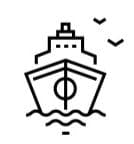
Over 70 Years & 100 Trials of Collective Experience
The attorneys within and “of counsel” to our firm have more than 70 years and 100 trials of collective experience trying cases before judges and juries.
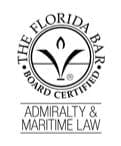
Board Certified Expert in Maritime & Admiralty Law
Keith Brais is among a select number of attorneys who have achieved board certification in maritime law by the Florida Bar.

“Protecting Rights and Restoring Lives”
Our mission statement is “Protecting Rights and Restoring Lives.” These are not merely words. We have the experience to protect your rights, the compassion to serve your needs and the skill to obtain the compensation you deserve.

Award Winning Legal Team
The members of our legal team have received numerous awards and accolades throughout the course of their careers, including being “AV Preeminent rated with Martindale Hubbell and named as members of both Super Lawyers and Legal Elite.

Real World Experience in the Maritime Industry
Keith Brais graduated from the Massachusetts Maritime Academy with a B.S. degree in marine engineering. Over his seven plus years working aboard ships and offshore oil rigs, he acquired three U.S. Coast Guard Licenses (now inactive).

First-Hand Knowledge of Opposition
The attorneys at our firm represented maritime employers, cruise lines, insurance companies and other major players in the maritime industry for nearly 20 years. These “blue chip” marine employers and insurers can and do hire only the best available attorneys. The attorneys with Brais Law Firm now put their expertise and experience to fight for the rights of the individuals who have suffered serious personal injury or wrongful death of a loved one.

Exclusively Representing Injured Individuals
At Brais Law Firm we focus our efforts on helping individuals, not insurance companies, cruise lines, corporations or marine employers. Our firm is here to help you and your family.

Track Record of Success
Every maritime injury and cruise ship accident lawyer at our firm is focused on getting individuals the compensation they deserve. Since deciding to help only personal injury or wrongful death clients, we have proudly secured nearly $100 million for our clients.

Member of the Multi-Million Dollar Advocates Forum
Partner Keith Brais is a member of the Multi-Million Dollar Advocates Forum. Fewer than 1% of U.S. lawyers are members of this prestigious group of trial lawyers.

